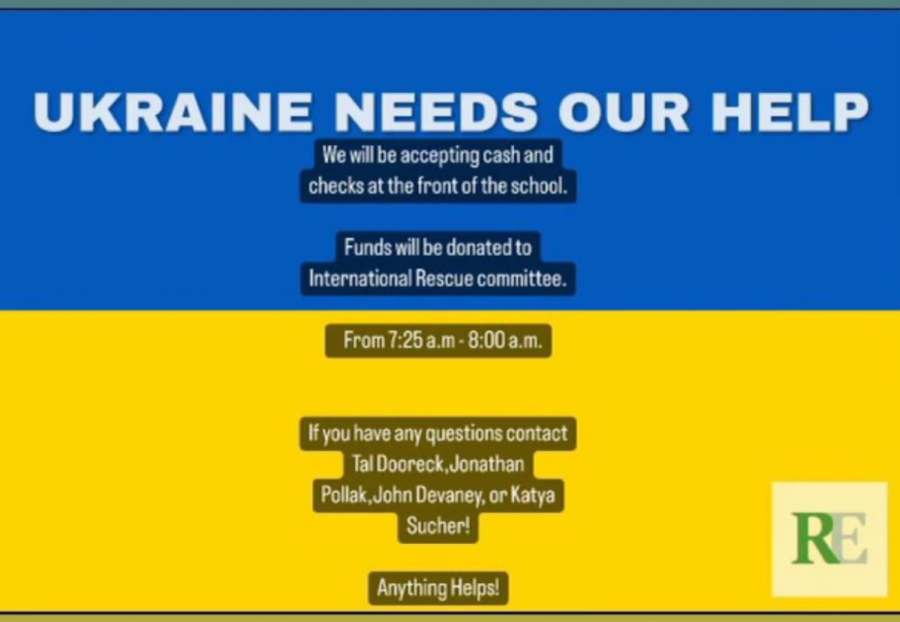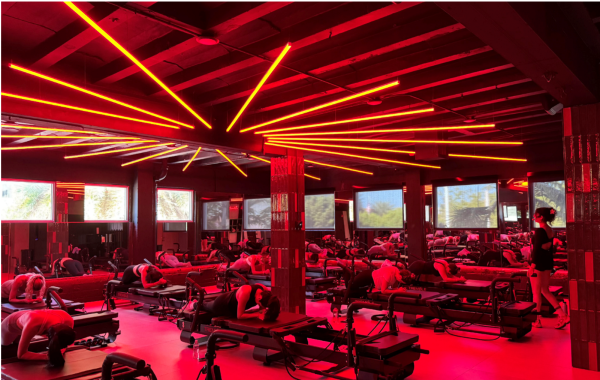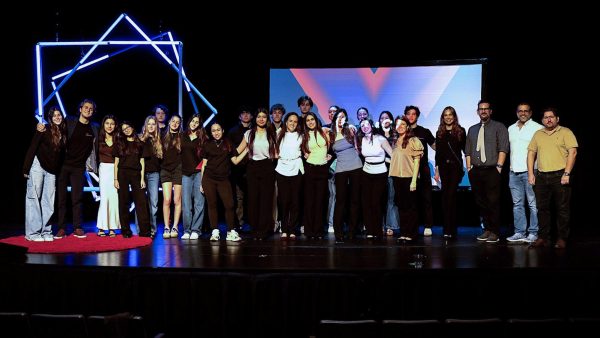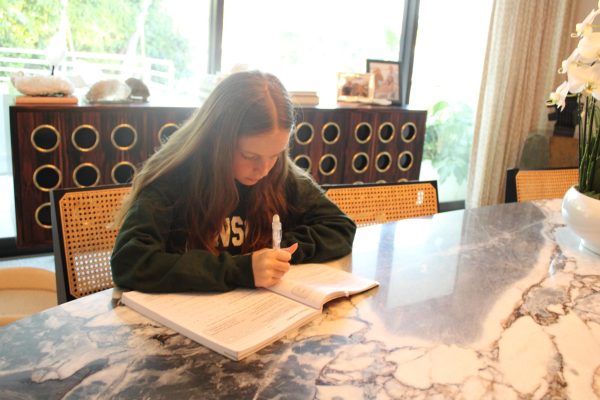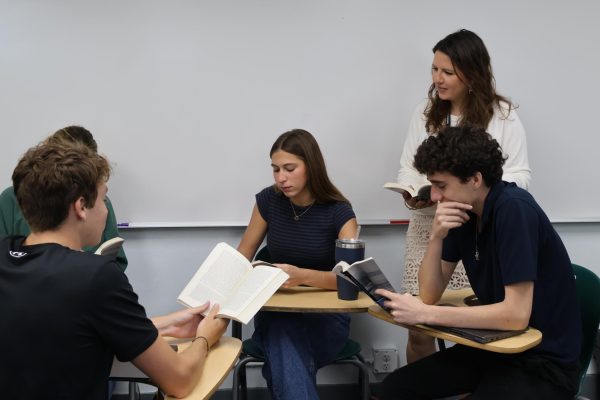Despair, Anger, Frustration: Russian students react to the war in Ukraine
After Russian President Vladimir Putin launched his invasion of Ukraine on Thursday, February 24, the RE community quickly became aware of the situation. It became a frequent subject of discussion both in classes and among peers, and information about the war became ubiquitous on social media. As the world turned to watch the unfolding of this humanitarian crisis, various students connected to the Baltic region felt impacted in unique and challenging ways. Seniors Dillan Kaye ‘22 and Katya Sucher ‘22 shared their own perspectives regarding the crisis.
Kaye, whose mother’s family is from Estonia, a nation of only 1.3 million lying on the western border of Russia, shared that his immediate feelings after hearing the news of troop invasion were “pure shock.” “Living in the 21st century, I did not think that a dispute between two countries could lead to war. I then felt anger at President Putin for taking that step towards war. I feel like he could’ve and should’ve done better,” Kaye said.
Sucher felt overcome with pure despair after hearing news of the attacks. “I remember that moment vividly, and I think I will for the rest of my life, but I hope that one day I manage to forget because it was truly one of the worst moments of my life,” she said. “The emotions hit me all at once, ranging from the consequences economically for Russia and Ukraine and that part of the world, to the loss of life and the complete shift in reality for so many hundreds of millions of people.”
The war had an immediate impact on Kaye’s family, who suddenly found themselves in a different cultural and political climate. “Culturally, I feel bad for my grandmother, who has to travel through Europe to Estonia. She only speaks Russian, even though she is an Estonian citizen, and everyone hates everything Russian right now. So, my poor 75-year-old grandma is nervous to open her mouth because of how people may react to her,” he said. “I also feel bad for all the Russian people around the world who do not support aggression and are against military conflict. Nobody asks questions before forming opinions.”
As Sucher pointed out, the war immediately created a divide between cultures that have been historically linked, leaving many families in the crossfire. “Chief among the cultural impacts is the fact that the two countries are incredibly intertwined just as a people,” she said. “[Russia and Ukraine] share a huge familial, cultural, and obviously geographical connection. And I think that that connection, at least for the coming decades, is permanently shattered in a lot of ways.”
Kaye reported feeling a unique sense of discomfort when the war has been brought up in RE classrooms, torn between defending his culture and his desire to criticize Russian militaristic measures. Put simply, he “finds himself feeling ambivalent” in the classroom setting. “During class discussions and Harknesses, many students criticize Russia, and I often find myself playing devil’s advocate,” he explained. “Being Russian is part of my identity, and so it is important to me that I correct rumors or defend Russian people who do not deserve to be criticized. Living in America, I also see the destruction and terror Russia’s leadership has caused. With relatives in Russia, I am fortunate to hear both sides of the story.”
At the same time, for Kaye, being Russian also means knowing just how long this conflict has been raging, even before Putin’s invasion. “Not many people know that the attacks have been going on for years,” said Kaye. “The conflict in Donbas, Ukraine became so extreme that Putin had to intervene at a much larger scale, and finally now, the US and the rest of the world is paying attention. Russians were burned alive, and innocent children were being targeted by missiles.”
With no end to the conflict in sight, many Americans have begun wondering how the US should continue responding to the attacks and supporting the millions of Ukrainians who are suffering. Kaye believes that “The US has put itself in the middle of the conflict, so it’s not a matter of responding, it’s a matter of whether it continues to remain as involved or allows for the parties involved to solve the issues. The US has a lot at stake at this point, so I don’t see it removing itself from the equation.”
From Kaye’s perspective, the consequences for Russia, too, will be devastating. “Russia will only have itself to count on in light of all the sanctions and all the US and European corporations pulling out,” he said. “The economic effects will be long term. The country will remain closed off to foreigners, and the Russian people will most likely be unable to travel abroad. This is, in a way, a return to the Cold War.”
Dina Kaplan '22 is a staff writer for The Catalyst. She covers local news for the newspaper.


